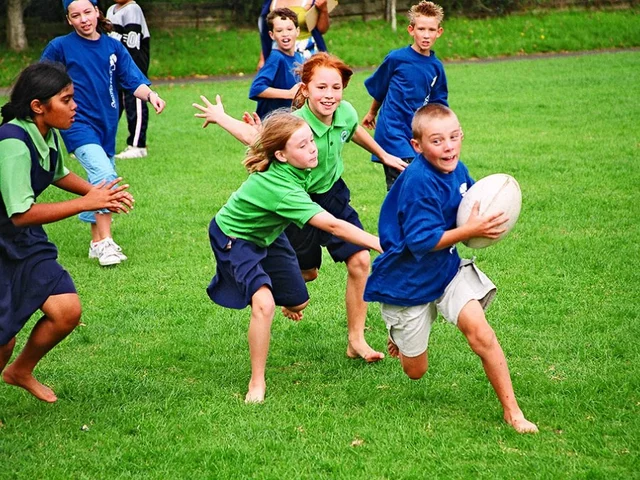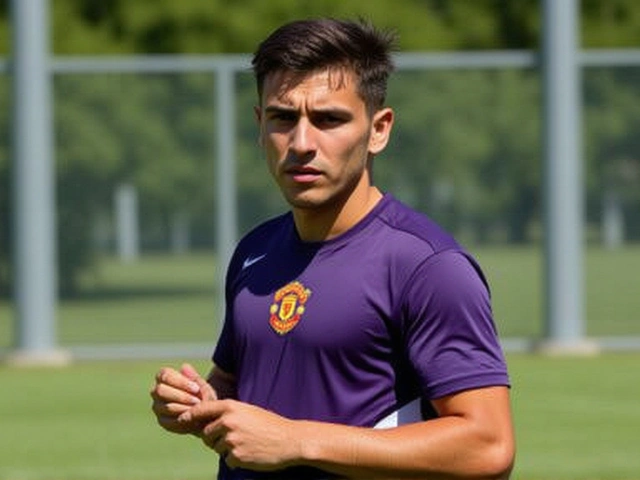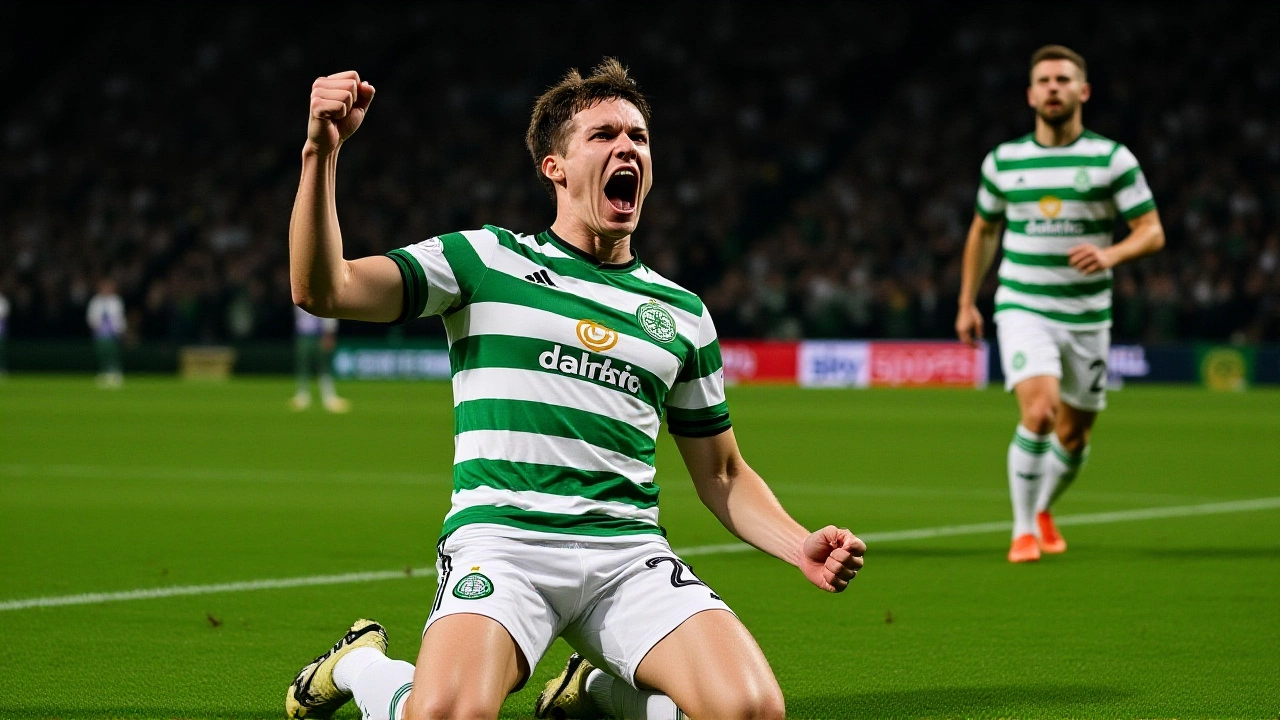
When Celtic FC crushed Falkirk 4-0 at Celtic Park on Wednesday, October 29, 2025, it wasn’t just another win. It was a cathartic release — for the players, the fans, and the club itself. The match marked the emotional return of Martin O'Neill, the 73-year-old Irish legend stepping in as interim manager after Brendan Rodgers stunned Scottish football by resigning just two days prior. The final whistle at Parkhead — affectionately called "Paradise" by supporters — was met not just with cheers, but with a sense of relief. This wasn’t about tactics alone. It was about identity.
A Homecoming Fueled by Emotion
O’Neill’s last match in charge of Celtic was the 2005 Scottish Cup final against Dundee United — a 3-1 win that sealed his first spell with a trophy. Now, nearly two decades later, he walked back onto the same pitch, this time with a different weight on his shoulders. No long-term contract. No grand vision. Just a job to do: steady the ship. And he did. Johnny Kenny, the 21-year-old forward, opened the scoring in the 30th minute with a clinical finish, then doubled the lead with a towering header just before halftime. The crowd roared. The players embraced. O’Neill, arms crossed, nodded slowly — the same calm face he wore when he lifted trophies in the early 2000s.
Midfielder Benjamin Nygren and winger Sebastian Tounekti added goals in the 62nd and 78th minutes, respectively, turning what was already a comfortable win into a statement. Celtic registered 23 shots — 11 on target — and controlled 64% of possession. Falkirk, struggling in the Scottish Championship, managed just eight shots, two on target. The numbers told the story: 621 successful passes versus Falkirk’s 347. This wasn’t just dominance. It was precision.
Fans Protest, Shareholder Watches
Outside the stadium, the mood was less celebratory. Over 1,200 fans gathered before kickoff, holding banners reading "Desmond Out" and "No More Empty Promises." The protest, organized by the Celtic Supporters’ Trust, targeted Dermot Desmond, the club’s major shareholder and a figure many believe has prioritized financial returns over sporting ambition. The summer transfer window had been widely criticized — only two signings, both on loan, with no long-term central defender or creative midfielder brought in. Desmond, seated in the directors’ box, watched silently as the crowd outside chanted his name in derision.
"It’s not about losing," one fan, 58-year-old Margaret McLeod, told me as she held a faded 2003 Champions League scarf. "It’s about feeling like we matter. When you’re told the club is in safe hands, but the squad looks like it’s been assembled from a second-hand shop, you start to wonder who’s really in charge."
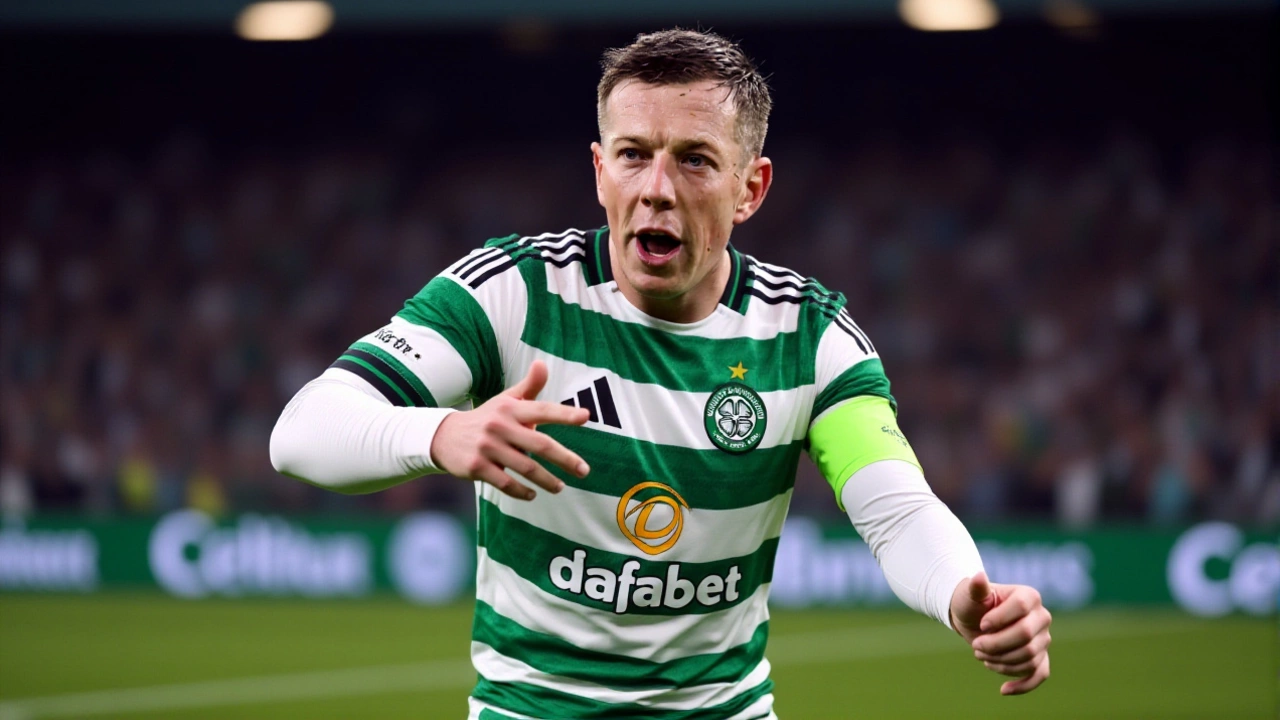
The Bigger Picture: A League in Flux
The win lifted Celtic to 20 points in the 2025-26 William Hill Scottish Premiership — a 6-2-2 record — but they remain six points behind leaders Heart of Midlothian, who salvaged a 2-2 draw at St Mirren on the same night. Rangers, meanwhile, won 1-0 at Hibernian under Philippe Clement, leaving them five points behind Celtic. The title race is tight, and every point matters. But more than that, the psychological shift matters. After Rodgers’ abrupt exit, doubts swirled. Was this a collapse? Or just a pause?
O’Neill’s presence changed that narrative. His reputation — three league titles, two Scottish Cups, and a Champions League final in 2003 — carries weight. His interim co-manager, Shaun Maloney, a former Celtic winger and now a respected coach, added local credibility. Together, they didn’t need to reinvent the wheel. They just needed to remind everyone what Celtic football looks like when it’s played with purpose.
What’s Next: Cup Showdown and a Rescheduled Derby
Celtic’s next test is the Premier Sports Cup semi-final Hampden Park on Sunday, November 2, 2025, against Rangers. That’s not just a fixture — it’s a reckoning. O’Neill’s last game as Celtic manager was a cup final. Now, he’s back in the same stadium, facing the same rival, with the same pressure.
After that, the league returns. But one fixture has been moved: the originally scheduled match against Dundee United has been rescheduled to Wednesday, December 17, 2025, at 8:00pm GMT at Tannadice Park in Dundee. It will be broadcast live on Sky Sports — a sign of how seriously the league views Celtic’s continued relevance. The head-to-head history is lopsided: since 2003, Celtic have won 49 of 69 meetings, scoring 170 goals to Dundee United’s 49. That’s not just dominance. It’s tradition.
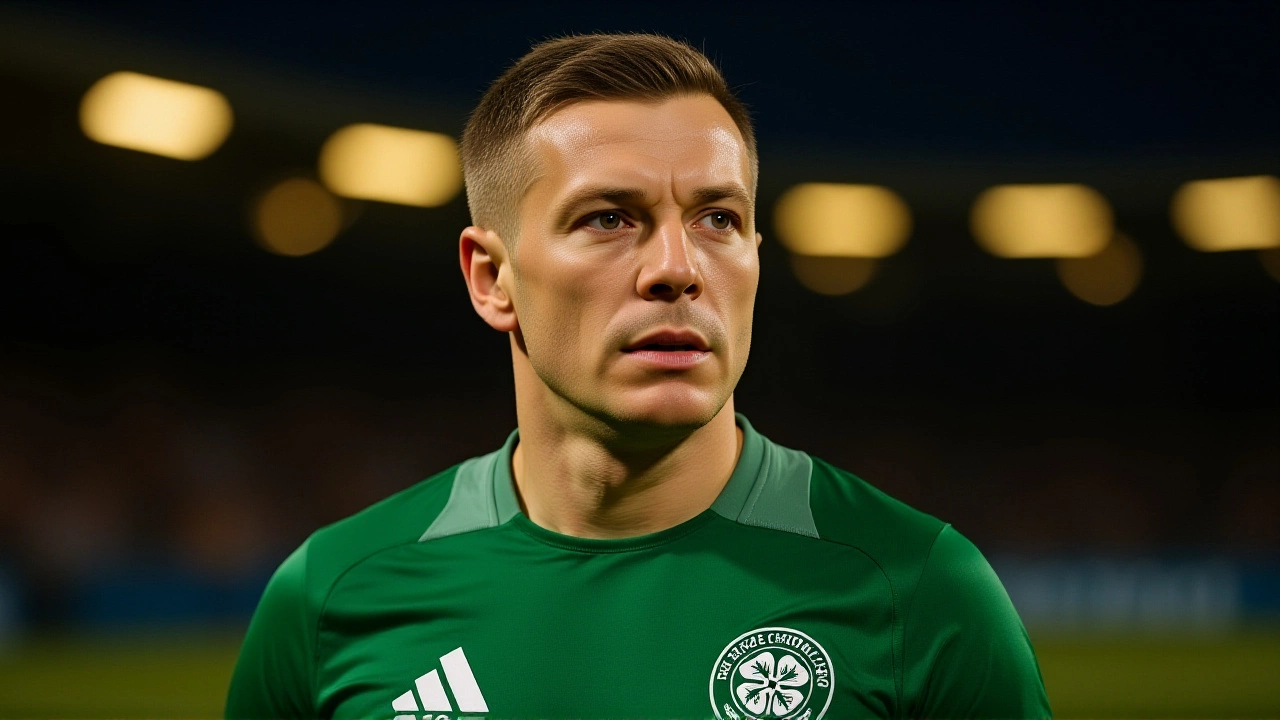
Why This Matters Beyond the Scoreline
This match wasn’t just about points. It was about stability. In the 48 hours between Rodgers’ resignation and O’Neill’s appointment, the club teetered. Social media exploded. Merchandise sales dipped. Players reportedly felt unsettled. The interim solution — O’Neill and Maloney — was a masterstroke of emotional intelligence. It signaled: "We remember who we are."
For fans, it was a reminder that even in chaos, there’s still pride. For the players, it was a chance to prove they weren’t defined by one man’s departure. And for the board? It was a mirror. The protests didn’t vanish with the final whistle. They just went quiet. For now.
Frequently Asked Questions
Why did Brendan Rodgers resign so suddenly?
Rodgers’ resignation on October 27, 2025, came without public explanation, but insiders suggest frustration over transfer restrictions and board interference. He had been at the club since June 2023 and had overseen a domestic double in 2024, but tensions reportedly grew after the summer window yielded only two loan signings. His departure shocked the dressing room and left the club without a clear succession plan.
How has Martin O’Neill’s return impacted the squad’s morale?
Players responded with immediate energy. Several sources within the club say O’Neill’s calm authority and deep connection to Celtic’s culture reassured the squad. Midfielder Benjamin Nygren, who scored the third goal, said after the match, "He didn’t need to give us a speech. He just reminded us what this club stands for." The team’s defensive discipline and attacking fluidity improved visibly from the previous game against Aberdeen.
What’s the significance of the fan protests against Dermot Desmond?
Desmond, a billionaire investor, has been a major shareholder since 2017 and is perceived by many fans as prioritizing commercial interests over sporting success. The protests reflect a broader frustration with the club’s direction since the departure of long-time CEO Peter Lawwell. With no clear ownership structure and no public vision for the future, supporters fear Celtic is losing its soul — even as it wins games.
Will Martin O’Neill stay on as permanent manager?
O’Neill has repeatedly said he’s only there "to help until a permanent appointment." But his performance — and the fans’ response — could change that. Sources close to the board suggest he’s being considered for a long-term role, especially if Celtic advances in the cup and maintains momentum. His age is a factor, but so is his unmatched credibility. No one else in Scottish football can command the same level of instant respect.
Why was the Dundee United match rescheduled to December?
The fixture was moved to accommodate Celtic’s Premier Sports Cup semi-final against Rangers on November 2. With both teams likely to progress, the SPFL rescheduled the match to avoid fixture congestion and ensure maximum TV exposure. The December 17 date also allows for a potential cup final replay scenario to be managed without scheduling conflicts. Sky Sports will broadcast it live, underscoring the commercial value of Celtic’s involvement.
What’s the historical significance of Celtic Park being called "Paradise"?
The nickname "Paradise" dates back to the 1960s, coined by Celtic fan and journalist John Devlin after the club’s European Cup win in 1967. It reflects the emotional sanctuary the ground represents — not just a stadium, but a place of identity for generations of fans. Even during protests, supporters still call it Paradise. That duality — reverence and rebellion — is at the heart of what makes Celtic unique.
